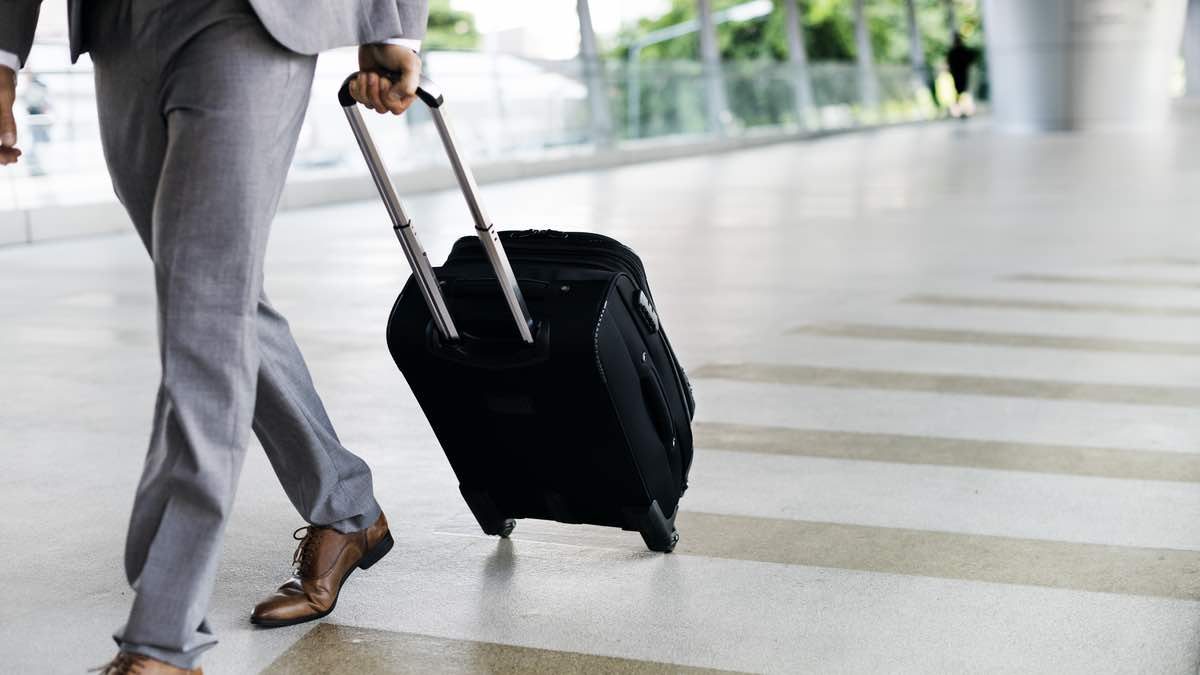

Sponsorship is one of the best ways for businesses in the UK to ensure they can bring in the best international talent. But compliance is vital for firms emerging from the pandemic and returning to something like ‘normal’ levels of activity. Here, Chetal Patel of law firm Bates Wells, advises organisations how to ensure their sponsor licences are fit for purpose.
In the wake of Brexit, organisations are working particularly hard to attract and retain international talent. There were 32,264 sponsors as at December 2021 and the Home Office are expecting the numbers to increase to more than 50,000 this year.
With this huge spike expected, together with the fact that many organisations, including the Home Office, are moving back to something more akin to business as usual after the pandemic, we’re starting to see a ramp-up in Home Office compliance activity.
The Home Office has confirmed that compliance officers will soon be coming out in force.
As a first step of compliance action, it appears that the Home Office are starting to review the current register of sponsors with a view to culling those organisations that either haven’t used their sponsor licence for some time or taking action against those who aren’t compliant. If your organisation has a sponsor licence, are you ready for this?
It’s important to remember that only Level 1 and 2 users have access to the SMS and it’s a breach of sponsor duties to share passwords”
What will the Home Office do?
If you hold a sponsor licence and haven’t logged into the Sponsor Management System (SMS) in the past 12 months or there’s a suggestion that your Key Personnel details aren’t up to date, you can expect a call and/or email from the Home Office’s Sponsor Assurance & Investigations Team. This communication has led to HR staff frantically contacting immigration advisers to explain what needs to be done.
Extracts from the Home Office emails include:
“We have tried to contact [x], who are shown as the Authorising Officer and Key Contact for the above company/organisation, on the following number [x], as detailed on your Sponsor Licence. Our attempt has been unsuccessful.
“Our records show that the following Level 1 user have not logged in to the Sponsorship Management System (SMS) in over 12 months: [x] Please note that it is a condition of your sponsorship licence that records are kept up to date.”
Some sponsors have confirmed that despite the wording in the emails, they haven’t received any calls from the Home Office.
What action do businesses need to take?
First of all, log into your SMS and check if all the details are correct. If any changes are required, submit them without delay. If you’ve received communication from the Home Office, the updates should be made within 10 working days (this appears to be the timeframe stipulated in the Home Office communication).
Things to look out for include: are the Key Personnel details up to date? Do any Level 1 or 2 users no longer need access to the SMS? Has the organisation moved address?
It’s important to remember that only Level 1 and 2 users have access to the SMS and it’s a breach of sponsor duties to share passwords.
It’s important to ensure you have access to your sponsor licence: if your Level 1 or 2 user has left your organisation, you will not be able to do so. In such instances a sponsor change of circumstances form needs to be completed and sent to the Home Office.
The Home Office recommends that the SMS is regularly accessed and suggests that a Level 1 user accesses the account at least once a month. While this is a recommendation and not a “must do”, I would advise that this is done. Sponsors may wish to set up a reminder for the relevant person to log in and check the details. A record needs to be kept of the monthly checks and notes about anything that has changed (or not) and what reports have been made. The authorising officer should see the monthly report as they have ultimate responsibility for the sponsor licence.
Sponsorship is a privilege
It’s important to remember that sponsorship is seen in the eyes of the Home Office as a privilege. Significant trust is placed in sponsors and with that comes responsibilities.
When an organisation signs up to becoming to a sponsor, it agrees to abide by the Home Office’s guidelines and comply with its sponsor duties.
A sponsor’s responsibility starts from when their sponsor licence is granted and continues until either a sponsor surrenders their sponsor licence, the Home Office makes it dormant or revokes it.
As compliance is definitely back at the head of the Home Office’s agenda, I’d recommend that all sponsors check their sponsor licences immediately to ensure that they don’t fall foul of Home Office guidance to avoid any unpleasant surprises.

